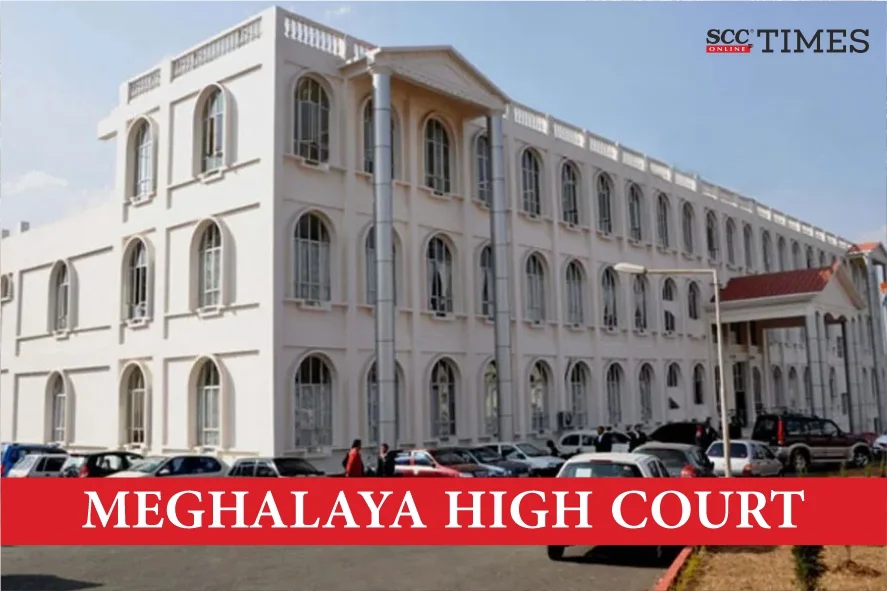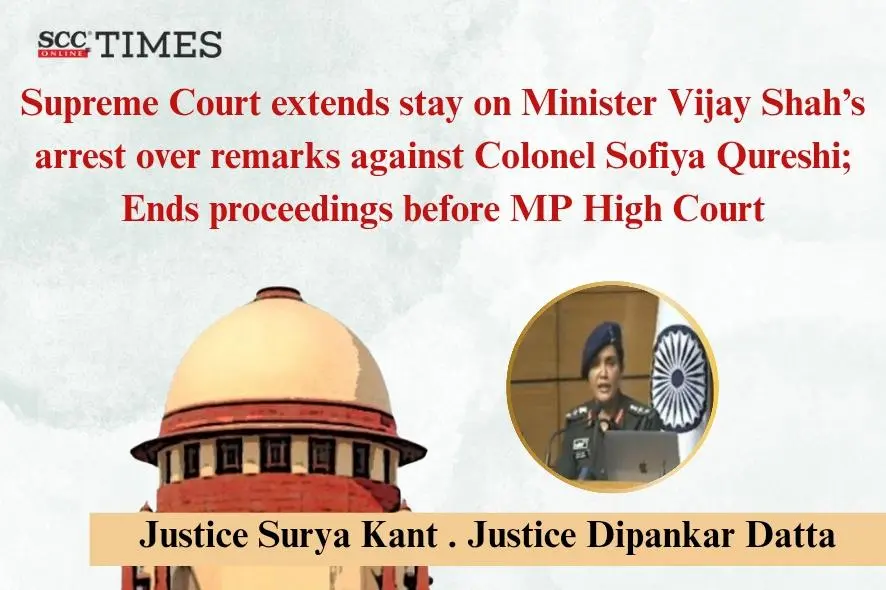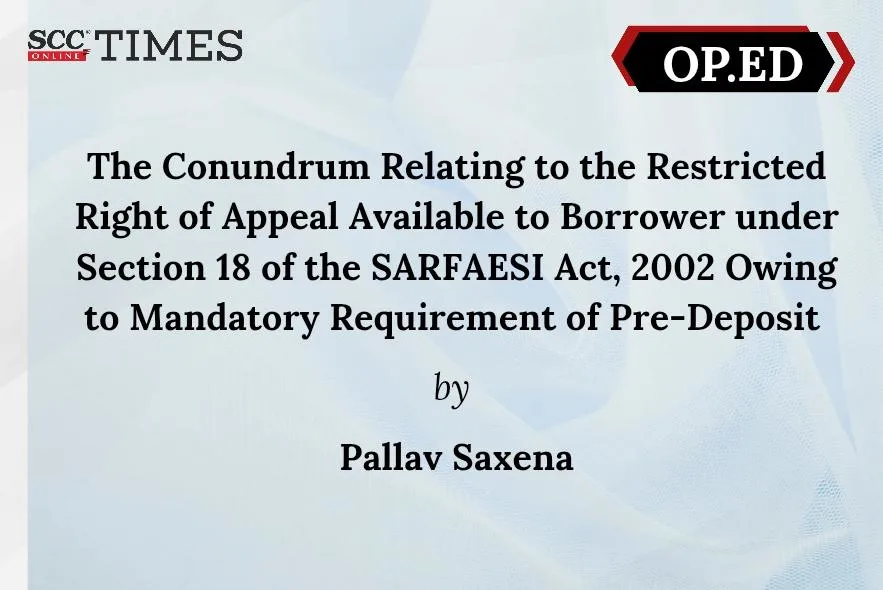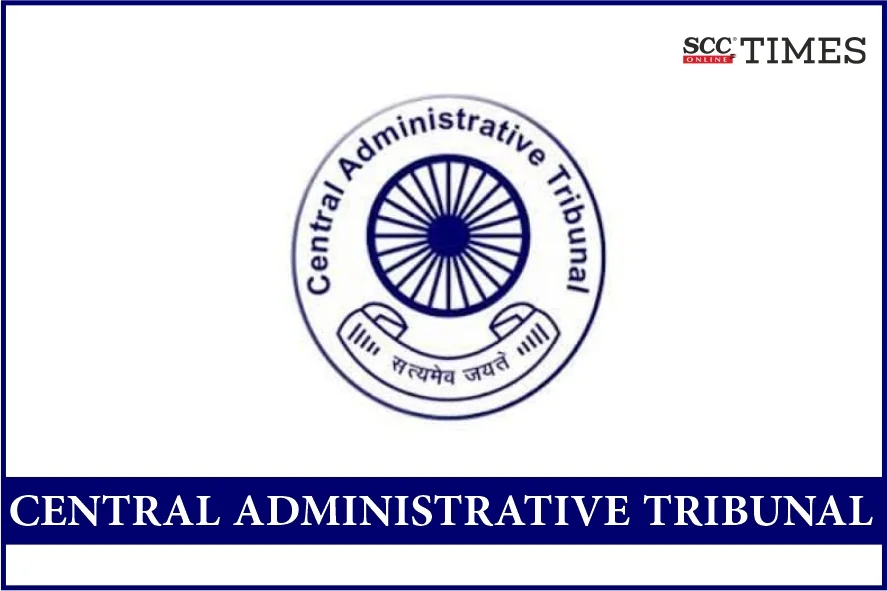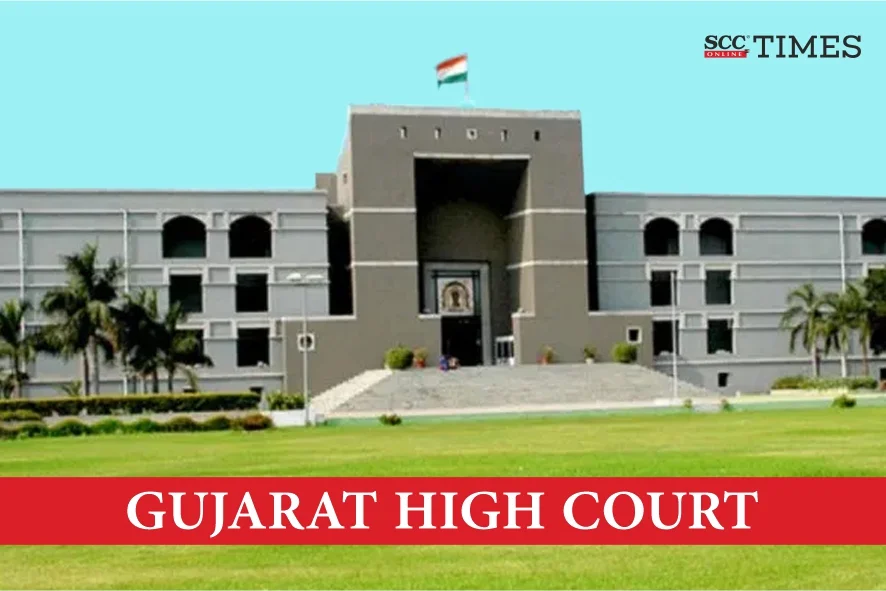Karnataka High Court: A Division Bench of Abhay Shreeniwas Oka, CJ and Vishwajith Shetty, J., laid down the guidelines to be followed for payment of dues to the claimants in Motor Vehicle Accident Claim cases, Workmen’s Compensation Act, 1923 Matrimonial Cases and Land Acquisition Compensation cases etc.
Due to the partial functioning of the district and trial Courts in the State in view of the COVID-19 Pandemic, entry of litigants in the Courts premises has not been permitted.
The above has resulted in large number of litigants and especially the claimants and victims in Motor Vehicle Accident Claim cases, claimants under the Workmen’s Compensation Act, 1923 and claimants in Land Acquisition Compensation cases etc., to not being able to receive the amounts to which they are legitimately entitled, though the amounts payable to them are lying deposited in the judicial accounts of Khajane-2 (for short ‘K-2’).
Thus, in view of the above it is necessary to evolve a procedure to securely release payments to the litigants.
Additional Advocate General submitted that recipients of payments from K-2 are required to file certain documents for recipients registration like UIDAI, PAN or authentic photo identity.
They must also disclose their bank account particulars. AAG further pointed that it would be ideal if the mandate form generated by K-2, which is prescribed by the Reserve Bank of India, is signed by the recipients, as the said mandate form contains all the account particulars of the recipients.
Court stated that AAG was right in his submission that it is necessary to ensure that the amount should go to the real recipients.
After implementation of K-2, the payments from judicial deposits are done only by way of electronic clearing by transferring the amounts directly to the accounts of the claimants and the cheques are not being issued. In case of current deposits (deposits which have not lapsed), the payment is authorized by the Court by generating the bills on K-2.
As far as the mode of payment through judicial accounts in K-2 is concerned, there are no specific Rules in Chapter XXVII of the Karnataka Rules of Civil Practice, 1967. The only provision is that when an amount exceeding Rs 5,000 is payable to a party, it shall be paid by drawing an account payee cheque only. Thus, the embargo is on paying a sum exceeding Rs 5000 by cash.
At present, all the payments to litigants are being made by direct transfer to their bank accounts from K-2 and the earlier practice of issuing account payee cheques has been stopped.
Thus in the present COVID-19 times, following guidelines shall be adopted by the Courts for making payments:
- litigant who is entitled to receive the amount shall file an application giving all the details including the details of the decree/order of the Court under which he/she is entitled to withdraw the amount;
- Along with the application, he/she must furnish the copies of several documents such as first page of the bank passbook containing the details of the bank account, such as the name of the bank, account number, name of the account holder and IFSC code of the bank. If the first page of pass book does not contain photograph of the account holder, a certificate of the Manager of the concerned Bank bearing photograph of the account holder and containing account details shall be produced
- account must be in the name of the person who is entitled to withdraw the amount as per the Court order;
- applicant is also required to furnish copies of PAN card/form 16, address proof and photo copies of the authentic identification documents such as Aadhar or election/ voter identity card or driving licence. The photo copies of the documents shall be self-attested as well as attested as true copies by his/her Advocate, if the applicant is represented by an Advocate
- an affidavit in support shall be filed by the applicant containing all the account details, which are necessary for transfer of money. latest photograph of the applicant shall be affixed near the signature on the affidavit. The affidavit must affirm the correctness of the documents produced along with the application. Along with the application and affidavit, the applicant shall submit a blank voucher for payment of judicial deposit duly signed by him. If there are more than one applicant, affidavits of all of them are necessary. The signature on the voucher shall be identified by an Advocate by affixing his/her signature below the words “signature of the claimant” or below the place for affixing the revenue stamp. Below the Advocate’s signature for identification, he/she shall mention the Bar Council enrolment number. Few copies of the blank vouchers shall be made available by the Principal District Judge to the Bar Associations so that the members of the Bar can take photo copies of the same. The affidavit in support of the application must contain the statement that the blank voucher is signed by the applicant;
- applications shall be placed before the concerned Court for passing necessary orders
- If the Court is satisfied on perusal of the application and the documents furnished, the Court will pass an order directing transfer of the amount to the specific account of the applicant through K-2 process;
- Thereafter, the Court office/accounts section, after logging on K-2 portal, will generate bank mandate form. Print out of the bank mandate form shall be handed over to the Advocate for the applicant for obtaining the signature of the party and the Advocate concerned shall countersign the same by verifying the signature of the party. He/she shall mention his/her Bar Council enrolment number below his/her signature. Physical presence of the party in the Court for signing the mandate form is not required. The mandate form must be returned with the maximum period of three days. Thereafter, the mandate form shall be signed by DDO. Further steps shall be taken by the Court office for generation of miscellaneous bill. As the mandate form containing all the account details is signed by the applicant, his/her signature on the miscellaneous bill is not required. Subsequently, all the procedure required by K-2 shall be followed and the requisite amount will be transferred directly from the judicial account in K-2 to the bank account of the concerned party.
- Courts cannot insist on the person receiving the money affixing his/her signature on any register.
In the event the applicants are not represented by an Advocate, the payments cannot be made unless the applicants personally appear in the Court.
In case of orders pertaining to payment of maintenance in matrimonial matters, it will be appropriate if the Courts concerned issue directions for payment of maintenance by way of RTGS or in any other mode of direct transfer by the person who is liable to pay the maintenance to the account of the person who is entitled to receive the maintenance.
Bench directed to all the Courts that they shall make an endeavor to dispose of the applications made for payment at the earliest and see that the eligible litigants can get the amounts at the earliest. The Courts cannot restrict the payments per day to a particular number of cases.
State Government is directed to ensure that quick access to K-2 is facilitated to enable the Courts to release the payment
Thus, the issue of making payment out of the judicial deposit during the limited functioning of the Courts during the pandemic of COVID-19 is answered in terms of this order. [High Court of Karnataka v. State of Karnataka, 2020 SCC OnLine Kar 762 , decided on 24-06-2020]


